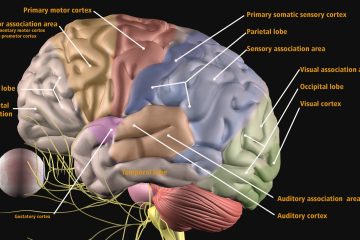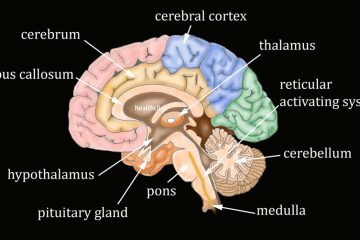Myofascial techniques performed by a physical therapist or occupational therapist can improve your well-being through neuro-fascial Attention. There is a sensory ability that we don’t mention very often in physical and occupational therapy, but it is very important. The word for it is interoception. It is the ability to feel your body, know its needs, and assess what is going on underneath the skin. This sensory ability is carried through nerve fibers embedded in the connective tissue. This neuro-fascial communication system plays a role in emotional, hormonal, and interactive responses in the body because it relays information to the autonomic nervous system and other locations in the brain that regulate the body’s well-being. (1,2)
Myofascial techniques performed by a physical therapist or occupational therapist have proven to improve musculoskeletal balance, decrease falls risk, decrease pain, and promote functional movement.

an occupational therapist
Lack of an accurate interoceptive body map is associated with anxiety, depression, chronic pain, and even bowel disorders. As we begin to understand the importance of fascia, we find that the sensations that come from touch and movement can improve this body map and may play a role in treating these disorders. (3,4) All that is needed to improve this interoceptive, mind-body awareness is to spend time feeling the body as it touched and moved. Seems pretty simple, but it actually takes practice because it is a skill most of us have not been taught. Encourage mindful attention to the body during myofascial release, stretching, or movement can help improve a client’s relationship with their body, bring balance to the neural regulating processes, and improve overall states of well-being.
- Langevin H.M. Connective tissue: a body-wide signaling network? Med. Hypotheses. 2006;66: 1074– 1077.
- Schleip R. Fascia: The Tensional Network of the Human Body: The science and clinical applications in manual and movement therapy Elsevier Health Sciences UK.
- Paulus M.P., Stein M.B. Interoception in anxiety and depression. Brain Struct. Funct. 2010;214: 451– 463.
- Elsenbruch S., Rosenberger C., Bingel U., et al. Patients with irritable bowel syndrome have altered emotional modulation of neural responses to visceral stimuli. Gastroenterology. 2010;139: 1310– 1319.
- The Benefits of Myofascial Release
Contributed by Jennifer Goff, MSPT, NCS, CLT, CVT, and the Healthclick Medical Professional Team. The information in this blog is intended for medical professionals and does not constitute medical advice.
Interested in learning more, check out our myofascial release ceu physical therapy course. A complete list of courses can be found at physical therapy continuing education or occupational therapy continuing education


